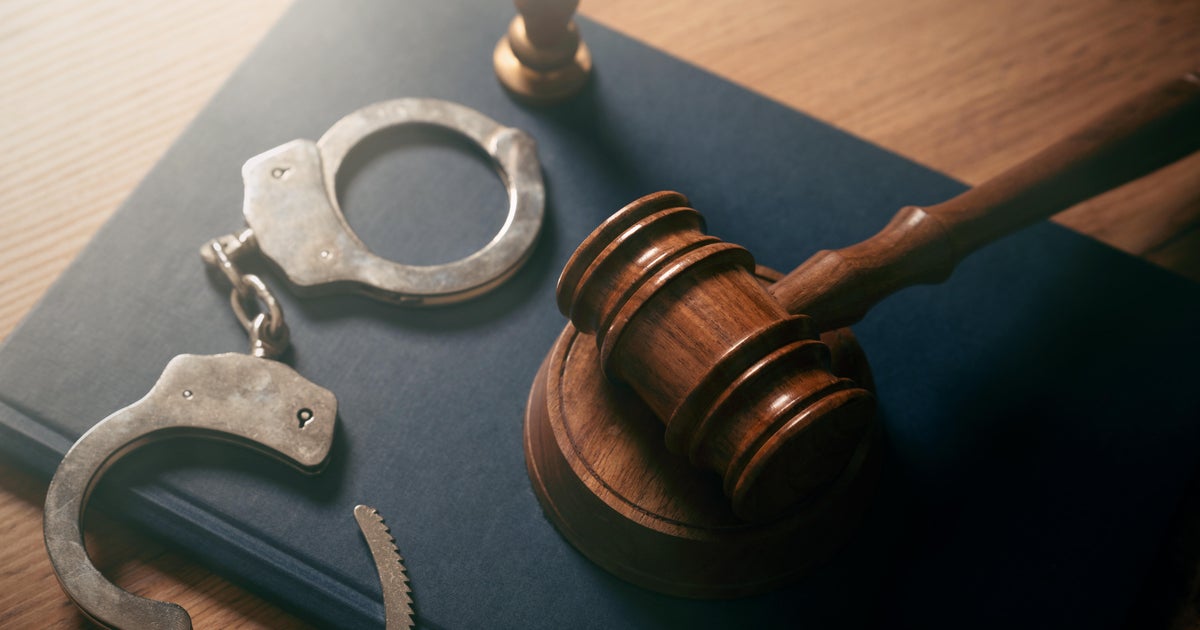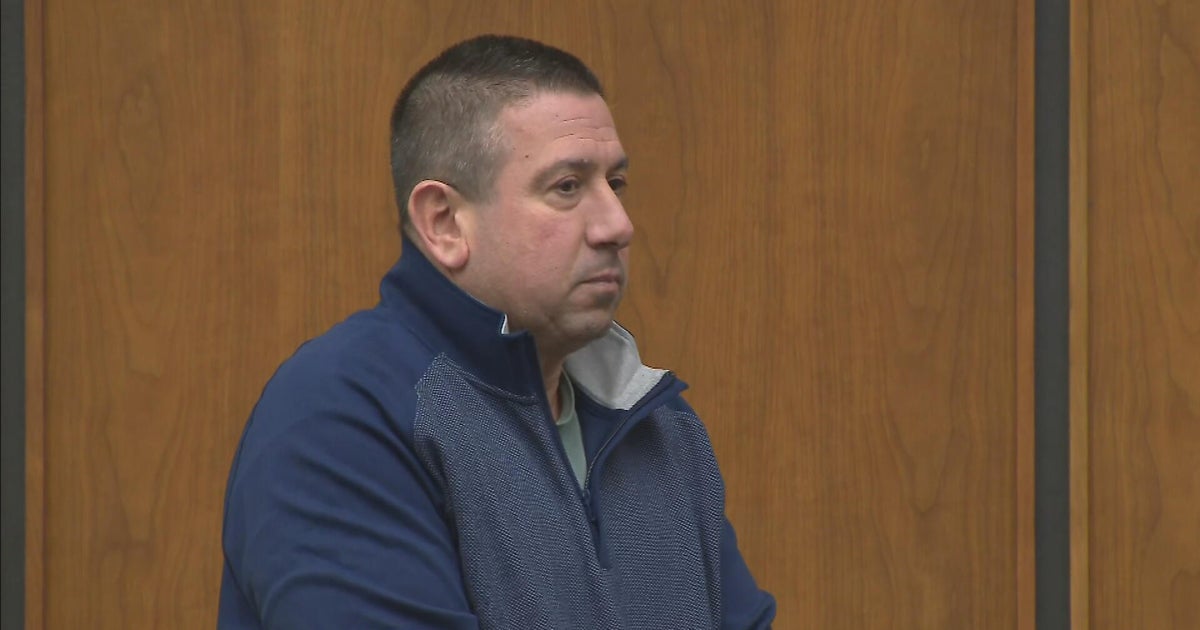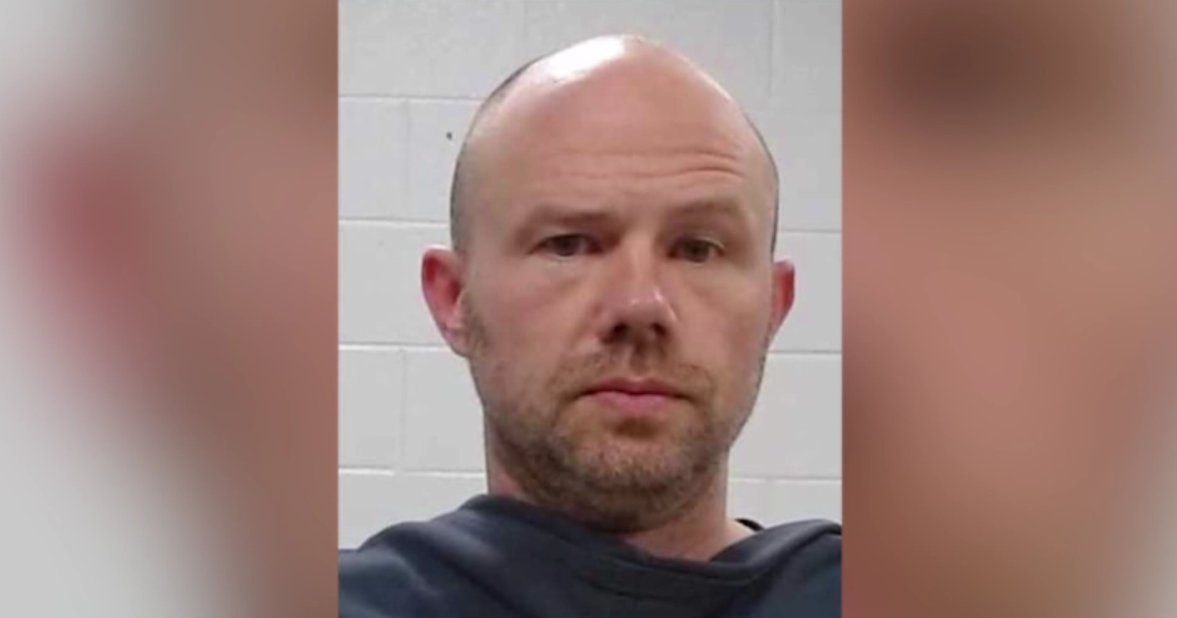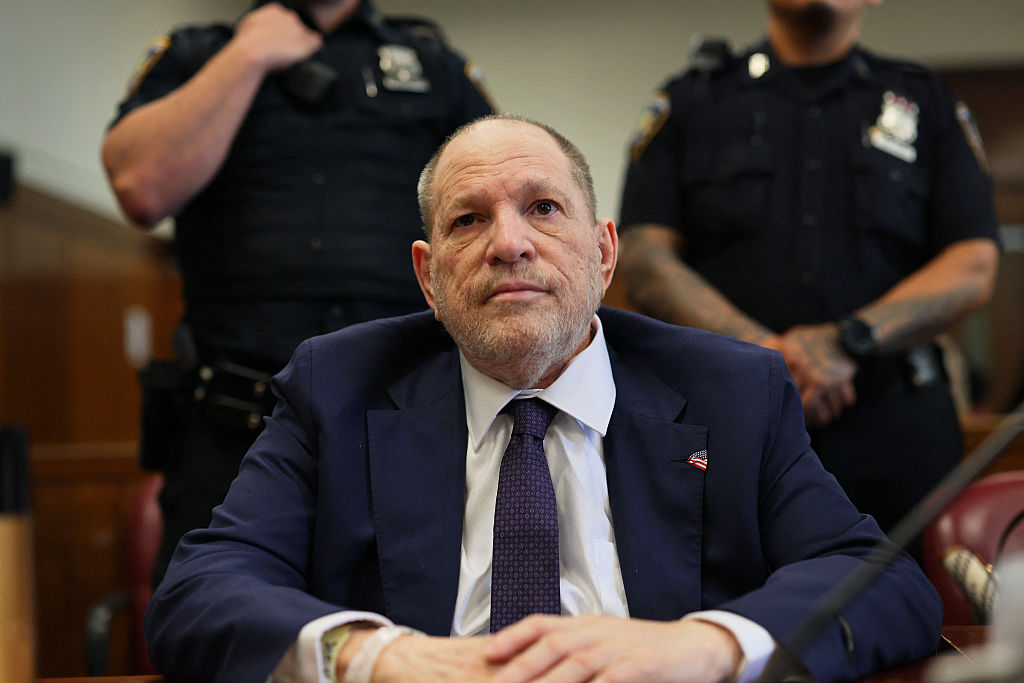How new Harvey Weinstein charges could have "powerful" impact on his New York trial
Disgraced media mogul Harvey Weinstein is facing four new sex crime charges in Los Angeles as jury selection gets underway Tuesday in his New York trial. The L.A. charges are based on a rape accusation from one woman and a sexual assault allegation from another. The separate incidents allegedly took place over a two-day period in 2013.
The L.A. proceedings won't start until Weinstein's trial in New York wraps up. Weinstein denies all allegations of non-consensual sex in the New York case. He has not yet commented on the charges in L.A.
New York Times correspondent and CBS News contributor Jodi Kantor won a Pulitzer Prize for breaking the news about Weinstein. She told "CBS This Morning" the new charges against Weinstein are "an incredibly dramatic development."
"Weinstein is essentially now fighting charges on two fronts," Kantor said. "The prosecutors are basically accusing him of hurting women day after day in L.A. And, remember that as jury selection starts in New York, the New York jury may know about what he's accused of doing in Los Angeles."
Kantor said the two cases could affect each other in unpredictable ways.
"First of all, there's a woman who's involved in both cases," Kantor said. "There are only two women at the basis of the New York charges, but the prosecutors can call other witnesses. One of those witnesses is also at the center of the L.A. allegations."
Showing a pattern with the other witnesses' testimony could be devastating for Weinstein's case, Kantor said.
"The nature of the Harvey Weinstein allegations is these women who are strangers to one another, who didn't know each other, they're telling very similar stories about the same man over and over again," Kantor said. "That's really powerful."
But, according to Kantor, Weinstein's defense team does have at least one thing on their side.
"The jury has to be unanimous to convict," Kantor said. "When is the last time that 12 people you know agreed on these really complicated matters about sex and power? So they may be able to create some doubt about exactly what happened and about consent in the jury's mind."
Kantor also commented on a new poll on the #MeToo and Time's Up movements. The poll found that most think the movements are making progress, but that sexual harassment and misconduct remain a serious problem.
"I think what's confounding now is that everything's changed and nothing's changed," Kantor said. "What we see two-plus years later is that, first of all, people are still really confused about what sexual harassment is. It's not a criminal charge like the ones in these cases in New York and L.A. And it's not really about sex. It's about work. It's about women's opportunities in the workplace and going into the workplace and trying to do a job and instead being asked for something else."
The reactions to the movements are part of why the Weinstein case is symbolic, Kantor said.
"Social attitudes have shifted, but have they shifted in the courtroom? Have our laws shifted? How will a jury respond to this kind of evidence? Will they see it differently than a jury might have seen it a decade or two ago?"



